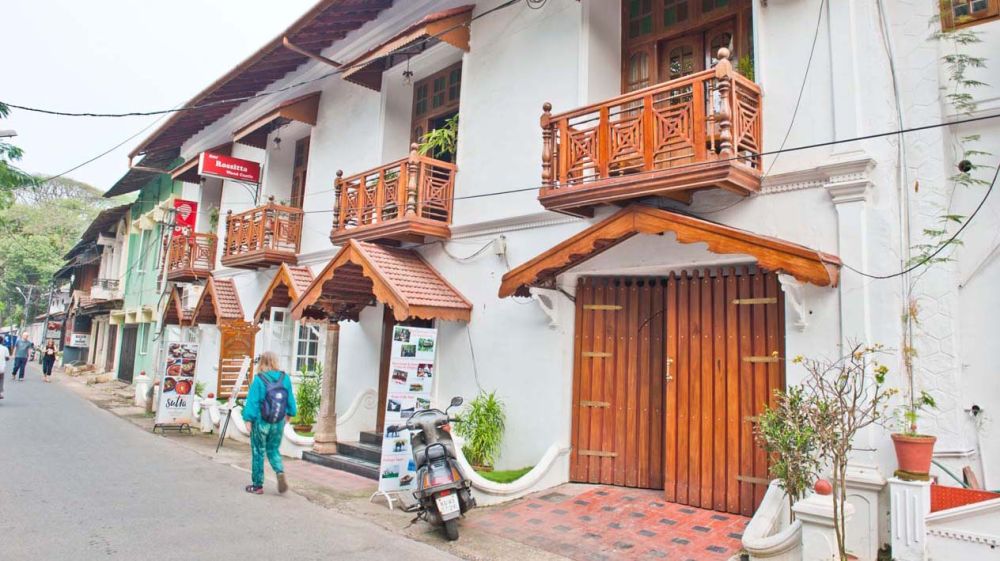

Fort Kochi, a region in the city of Kochi (Cochin) in Kerala, India, boasts a rich tapestry of history and culture, making it a unique destination for tourists from all over the world. Its history as a tourist destination can be traced back to the colonial times, when the scenic coastal town served as an important trading center.
The Portuguese were the first Europeans to discover the potential of Fort Kochi as a trade hub in 1503. The region was later occupied by the Dutch and eventually by the British, and each of these colonial powers left a significant mark on its architecture, cuisine, and culture. St. Francis Church, built in 1503, is one of the oldest European churches in India and is a major tourist attraction for those interested in the region's colonial legacy.
Following India's independence in 1947, Fort Kochi gradually emerged as a cultural hotspot, attracting tourists interested in its history and amalgamation of Dutch, Portuguese, and British colonial architecture. The iconic Chinese Fishing Nets, which are believed to have been introduced by Chinese traders from the court of Kublai Khan, are some of the most photographed sights and symbolize Fort Kochi's historical ties with global traders.
The biennial Kochi-Muziris Biennale, inaugurated in 2012, brought international attention to Fort Kochi's art scene, thus catapulting its stature as a must-visit destination for art enthusiasts. This contemporary art exhibition, the largest of its kind in South Asia, showcases both Indian and international artists, further increasing tourist footfall.
Today, tourism in Fort Kochi is a blend of history, art, cultural experiences, and culinary exploration. Heritage walks, spice market tours, and Kathakali dance performances are commonplace in the itineraries of travelers. The introduction of boutique hotels and homestays in the well-preserved colonial bungalows also cater to tourists seeking authentic experiences. Moreover, Fort Kochi's culinary heritage, enriched with local spices and flavors, provides a gastronomic adventure for food lovers.
Recent trends in Fort Kochi tourism highlight a growing interest in sustainable and responsible tourism. There is an increasing preference for eco-friendly accommodations, and local businesses are focusing more on environmental conservation efforts. Additionally, experiential travel is on the rise, with visitors seeking immersive experiences through interactive workshops on local crafts, cooking classes, and joining in on the local community's celebrations and daily life.
Despite its popularity, Fort Kochi faces challenges such as preserving its natural and cultural heritage while meeting the demands of growing tourist numbers. Balancing modern development with conservation efforts remains vital to ensure the sustainability of tourism. Looking ahead, Fort Kochi seems poised to continue as a premiere destination, inviting travelers to witness the living history and culture of this vibrant coastal town.